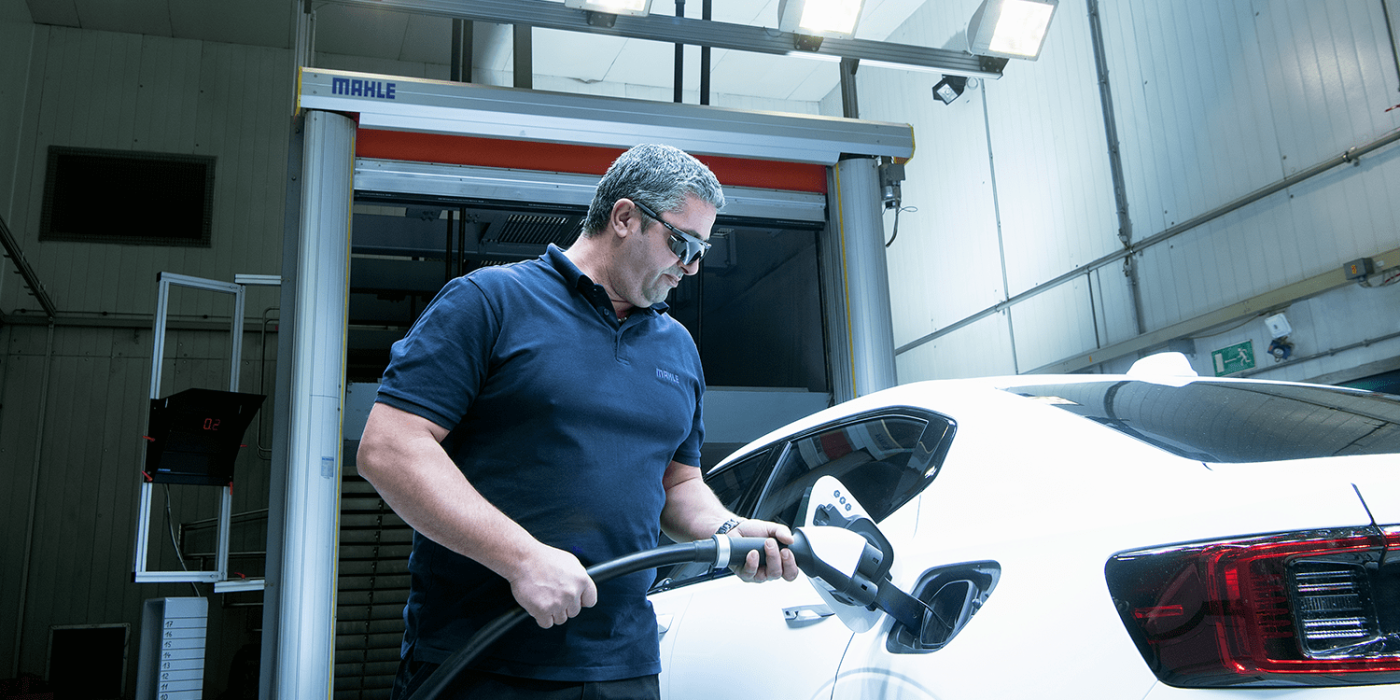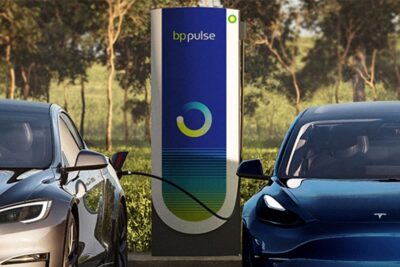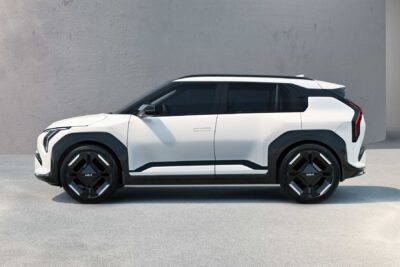Mahle integrates DC charger to climatic wind tunnel
The automotive supplier Mahle has now equipped its climatic wind tunnel in Stuttgart with a DC fast charging system. The test engineers can charge electric vehicles there with up to 350 kilowatts – under all climatic conditions, even in extreme heat.
In this way, for example, it will be possible to simulate situations that are a great challenge for the battery but could hardly be tested under controllable conditions in the laboratory until now. An example would be a fast charging process in midsummer at 40 degrees in the blazing sun. Since the battery also heats up during fast charging and no airstream cools the system, the battery can become too hot and be damaged. The thermal management of the battery must prevent this and keep the cells in the optimal temperature window between 15 and a maximum of 40 degrees – and at the same time, the charging performance should be maximised.
Such scenarios should now be able to be simulated more realistically, as Mahle writes, in the climatic wind tunnel. Above all, the tests should be accurately reproducible. The measurement data recorded there should provide information on the effects on the lithium-ion battery on the one hand, but also on interior comfort – and thus provide important findings for vehicle development.
The current Mahle wind tunnel dates back to the year 2000 when the facility was completely modernised as part of a new construction. The company has been constantly developing the climatic wind tunnel ever since so that the facility offers “realistic, precise and repeatable measurement and test conditions”.
“By expanding the range of services offered by our climatic wind tunnel in the direction of e-mobility, we will be able to support our customers even better in the development of their e-cars in the future,” said Jumana Al-Sibai, a member of the Mahle management board and responsible for the thermal management business division. “The battery is particularly demanding, and Mahle can make a valuable contribution here with its distinctive system expertise in temperature management.”





0 Comments